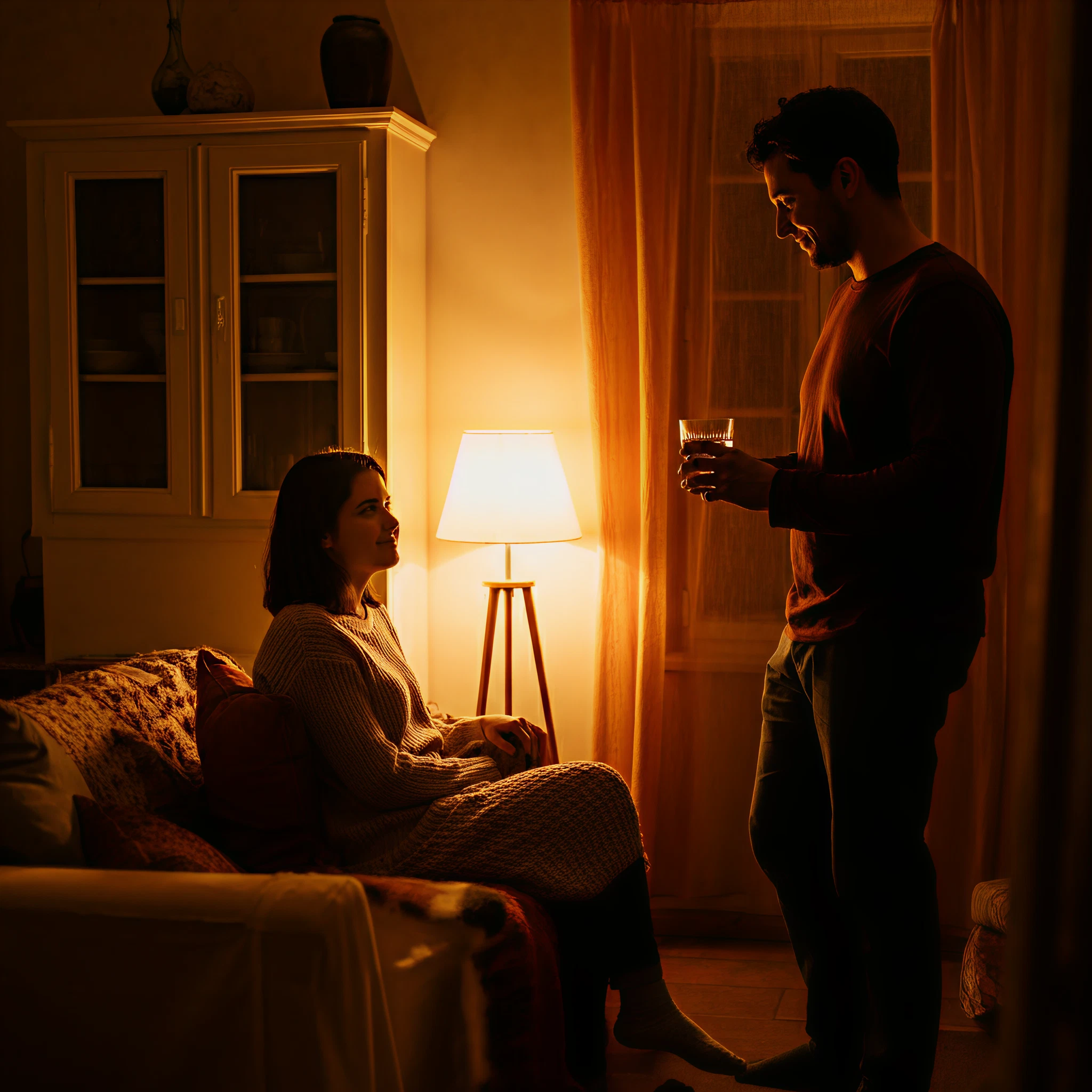For individuals with celiac disease, life often involves meticulously avoiding gluten to maintain their health and well-being. Even seemingly small exposures, from sauces to cross-contaminated utensils, can trigger immune responses. One question that frequently comes up within the gluten-free and celiac communities is whether it’s safe to kiss someone who has just eaten gluten. Thanks to a new study, we now have some reassuring data to put this long-debated question to rest.
The Study That’s Changing the Conversation
A groundbreaking study led by Anne Lee, an assistant professor at the Celiac Disease Center at Columbia University, was recently presented at Digestive Disease Week in San Diego. The study, aimed at addressing this unique but impactful concern, explores whether kissing someone who has just consumed gluten poses a risk for celiac sufferers.
The research involved 10 couples where one partner had celiac disease and the other did not. To simulate real-life scenarios:
- Non-celiac partners consumed 10 saltine crackers (a gluten-rich food).
- Two scenarios were tested:
-
- Waiting five minutes before kissing.
- Drinking 4 ounces of water before kissing.
Couples were asked to engage in one-minute, open-mouth kisses to ensure realistic testing. Afterward, researchers took saliva samples from the celiac partners and tested for gluten traces. Additionally, they examined urine samples for possible gluten exposure.
What the Results Say
Scenario 1: Waiting Five Minutes After Gluten-Consumption
Two out of 10 celiac participants had traces of gluten higher than 20 parts per million (ppm) in their saliva post-kiss, which exceeds the FDA’s threshold for food labeled gluten-free. One participant even registered a significant 154 ppm. However, despite this measurable presence of gluten, no celiac participant reported experiencing any symptoms.
Scenario 2: Drinking Water Before Kissing
In the second scenario, where non-celiac partners drank half a glass of water before kissing, the results were even more encouraging. None of the saliva samples exceeded the 20 ppm gluten threshold, indicating that drinking water effectively reduced the risk of gluten exposure.
Overall, the study concluded that kissing is generally safe for people with celiac disease, especially if precautions are taken. For example, drinking water before a kiss significantly lowers the risk of detectable gluten transfer.
What Does This Mean for People with Celiac Disease?
The study offers some much-needed reassurance and clarity for those navigating life with celiac disease. Here’s what we can take away:
- Minimal Risk in Most Cases:
Unless you are among the rare celiac patients with extreme gluten sensitivity, the likelihood of adverse reactions from kissing is very low—even if your partner has eaten gluten.
- Precautionary Measures Are Useful but Not Always Necessary:
If you’re concerned, simple precautions, such as having your partner drink water or wait a few minutes before kissing, can further reduce gluten transfer.
- Improved Quality of Life:
Social interactions and dating can be sources of anxiety for those with celiac disease. This study sheds light on one aspect that doesn’t have to be a source of worry. According to the study’s lead, Anne Lee, “This is at least one thing we can say is not something you have to worry about. Go ahead and kiss.”
- Symptoms Should Guide Decisions:
If you haven’t experienced any symptoms after kissing, there’s no need to change your routine. For most people with celiac disease, gluten exposure from kissing is unlikely to cross the threshold necessary to trigger symptoms.
- Outliers May Need Extra Caution:
While most celiac patients can safely kiss someone who has eaten gluten, rare cases of extreme sensitivity may require additional preventive measures. If you fall into this category, consult your healthcare provider for personalized advice.
Why This Study Matters
Beyond its immediate findings, this research highlights the need for a greater focus on quality-of-life concerns for celiac patients. Everyday scenarios like dating and intimacy can become sources of stress when you’re managing a condition that requires constant vigilance. The reassurance provided by studies like this one helps alleviate some of that burden.
Healthcare professionals also benefit. With solid data to reference, they can now better advise their patients and address concerns with confidence.
Final Thoughts
The simple act of kissing often brings up complex concerns for individuals with celiac disease. Thanks to this pioneering study, we now know that kissing can be enjoyed safely in most situations—even if gluten is involved. While it’s always wise to be cautious with new information and listen to your body, it’s comforting to have a science-backed answer to a question that affects everyday life.
For those in the gluten-free community, this news is more than just a scientific finding. It’s a small but meaningful step toward living freely and fully while managing celiac disease.
Still unsure or want to learn more about managing social situations with celiac disease? Stay connected with our community and access more helpful guides by signing up for our newsletter today!








